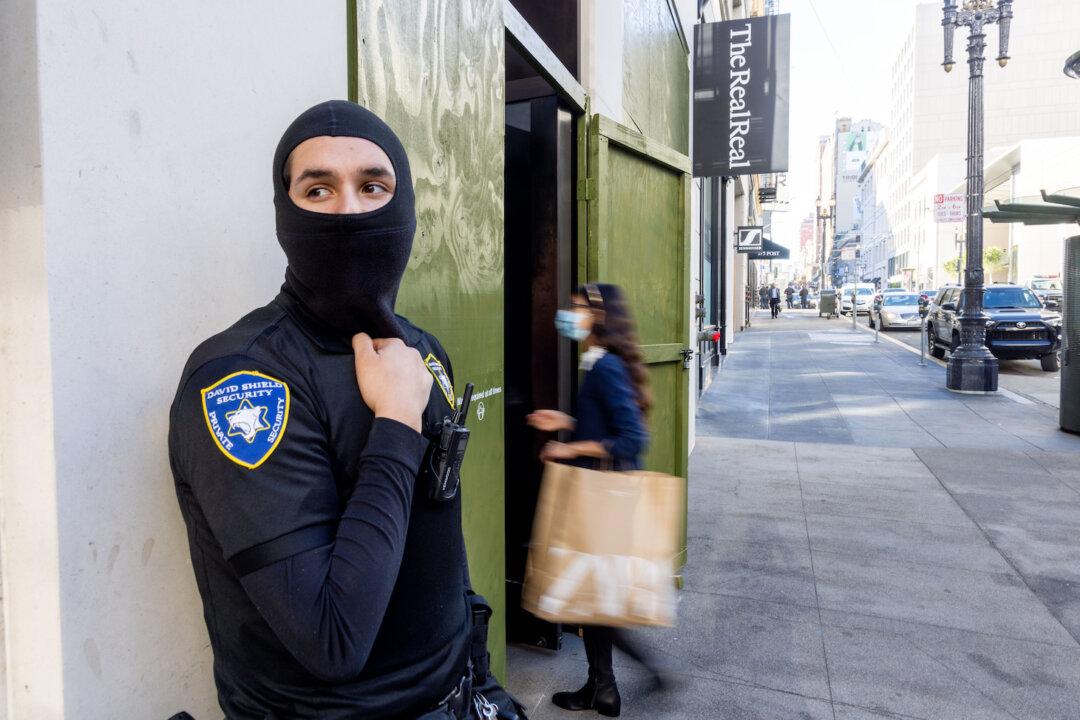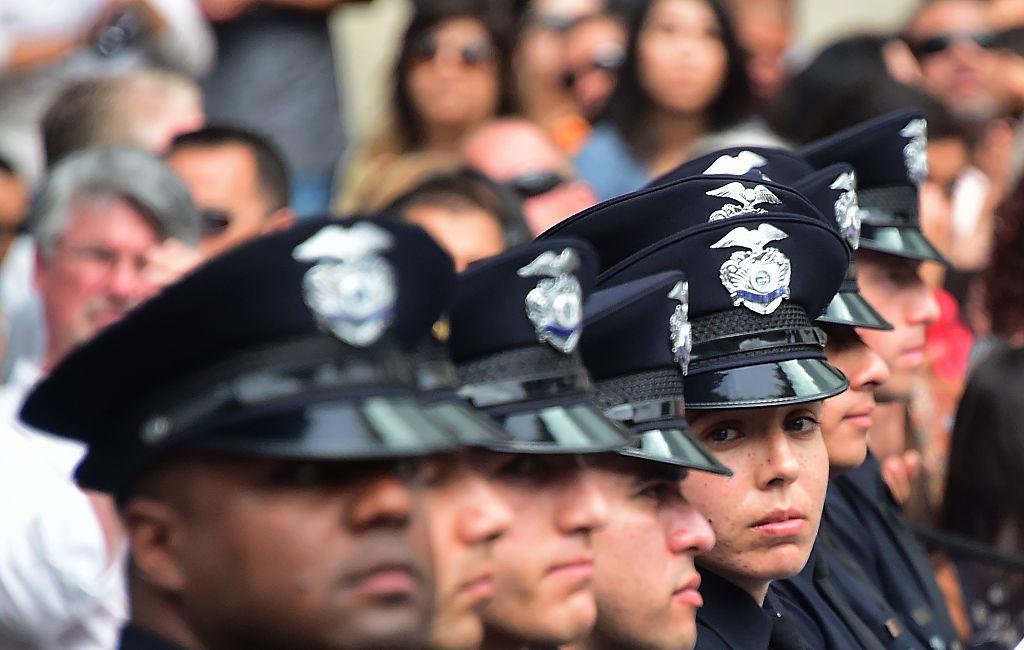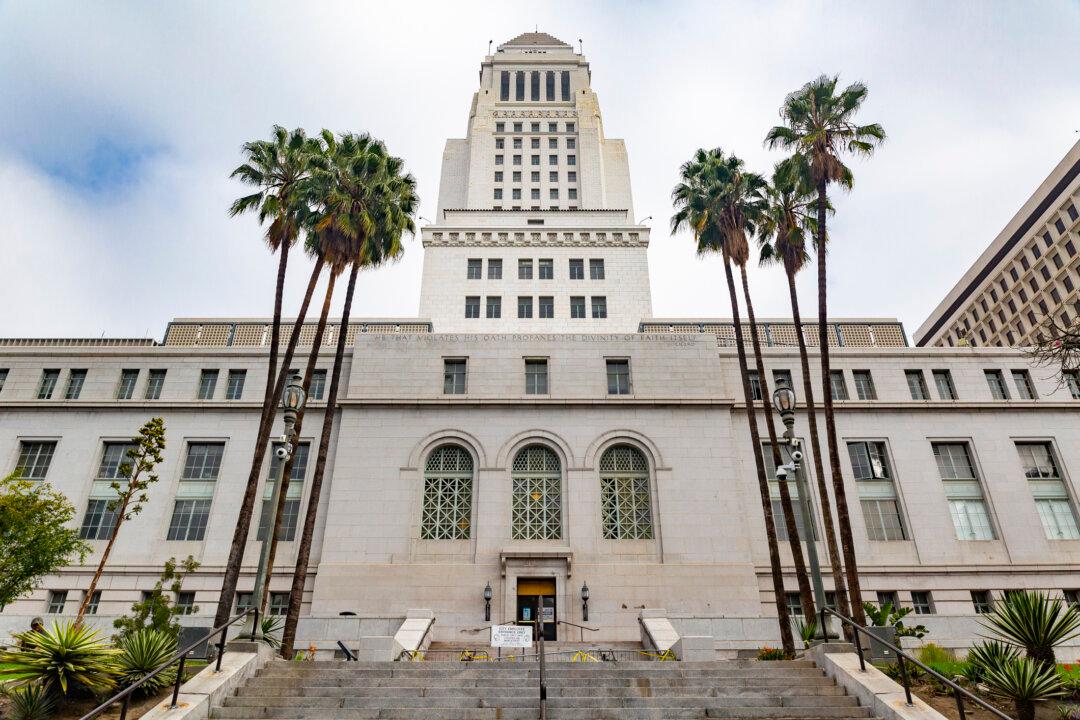SAN FRANCISCO—To native San Franciscans, shoplifting and car break-ins are now a normal part of life in a big city.
Car burglaries occur up to 74 times a day in the city and have increased nearly 200 percent since 2020. Some residents are going to extreme lengths to prevent their car windows from being smashed, like leaving their trunks open and their windows down, according to local reports.





